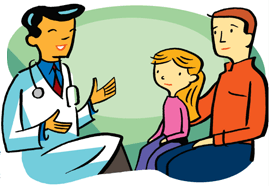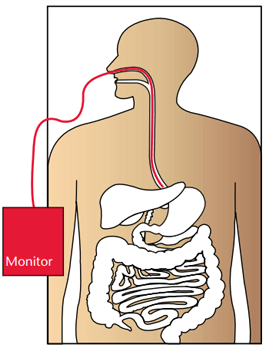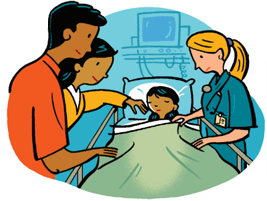- Find a Doctor
-
For Parents
- Before Your Visit
- During Your Visit
- After Your Visit
- More Resources for Parents
Patient & Visitor Resources -
Services
- Locations
-
About Us
- About Childrens
- Find it Fast
- Additional Resources
Find it FastAdditional Resources - MyCHP
ALERT:
There is construction in and around UPMC Children’s Hospital that is affecting the traffic flow – please allow for extra time traveling into the hospital.
- Find a Doctor
- For Parents
-
Services
-
Frequently Searched Services
- Asthma Center
- Brain Care Institute (Neurology & Neurosurgery)
- Cancer
- UPMC Children's Express Care
- Ear, Nose, & Throat (ENT)
- Emergency Medicine
- Endocrinology
- Gastroenterology
- Heart Institute
- Genetic & Genomic Medicine
- Infectious Diseases
- Nephrology
- Newborn Medicine
- Primary Care
- Pulmonary Medicine
- Rheumatology
- Surgery
- Transplant Programs
- See All Services
-
Frequently Searched Services
- Locations
- About Us
- MyCHP
- I Want To
- More Links










 A pH probe study is a test to measure the amount and seriousness of acid juices that may be backing up into your child’s esophagus (ee-SOFF-a-gus), the tube in the neck that food passes through on its way to the stomach. The purpose of the test is to see if your child has acid reflux and help your doctor decide how to best treat it.
A pH probe study is a test to measure the amount and seriousness of acid juices that may be backing up into your child’s esophagus (ee-SOFF-a-gus), the tube in the neck that food passes through on its way to the stomach. The purpose of the test is to see if your child has acid reflux and help your doctor decide how to best treat it.
